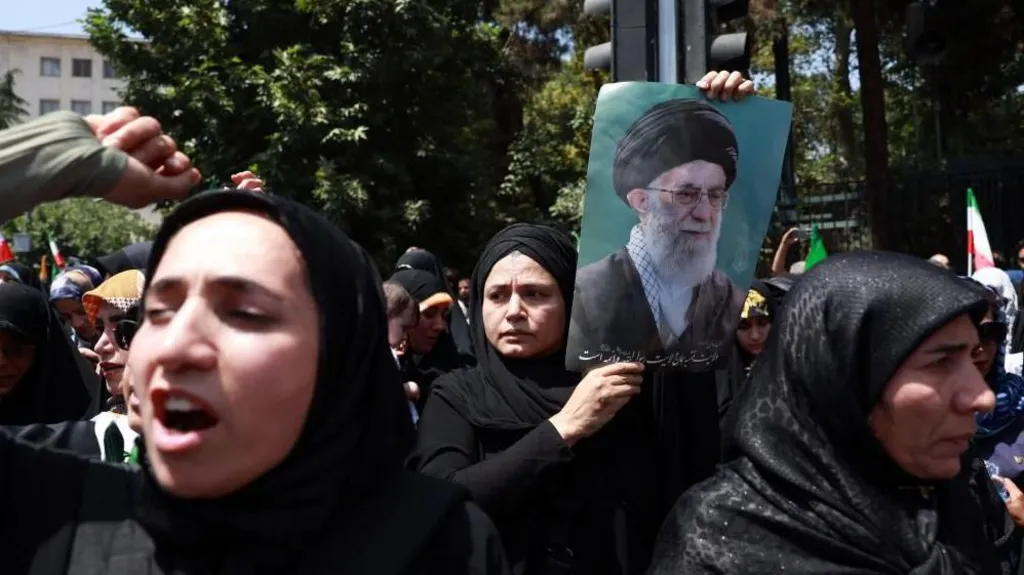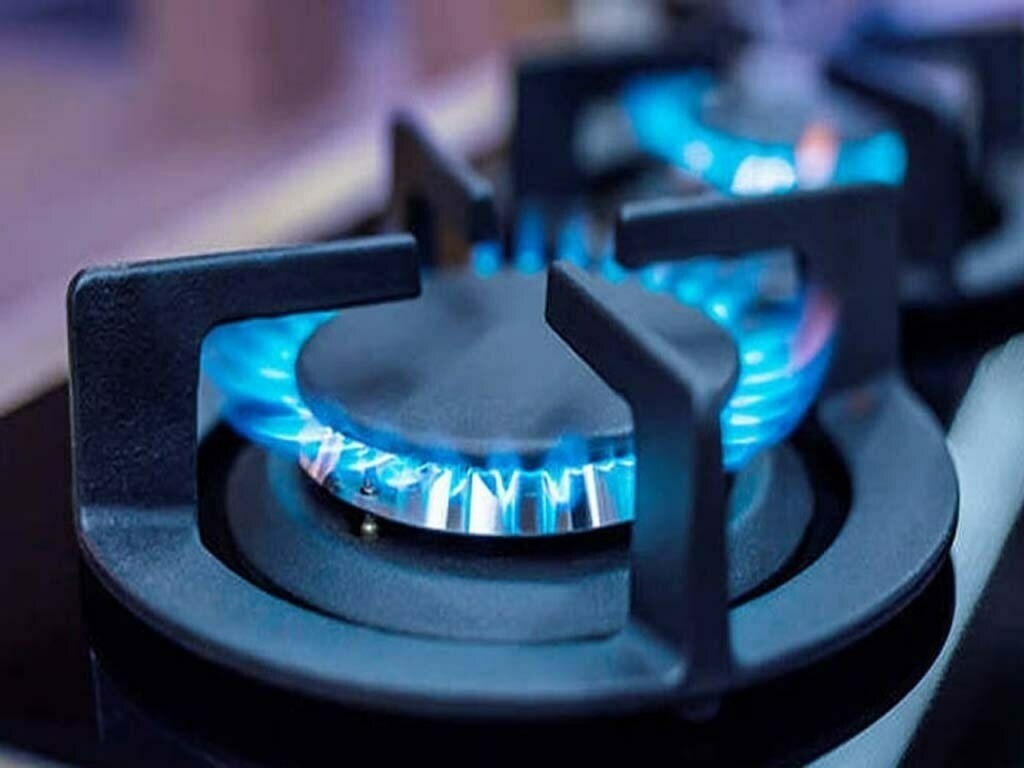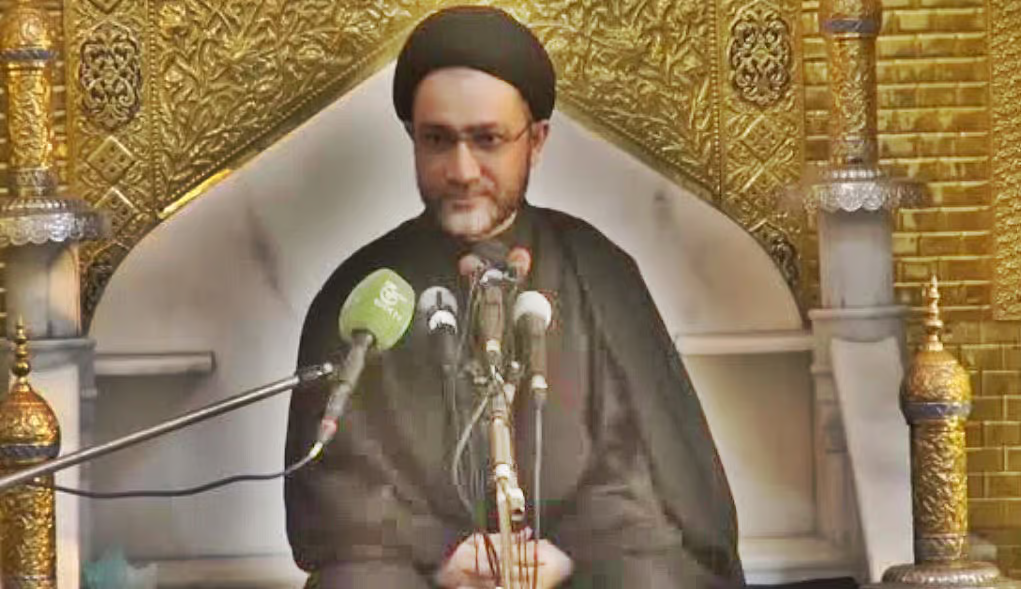Iran has firmly stated it will not return to nuclear negotiations while facing active military aggression from Israel. The declaration came just hours after Israeli Defence Minister Eyal Zamir warned of a “prolonged campaign” against the Islamic Republic and cautioned that “difficult days” lie ahead.
In Geneva, Iranian Foreign Minister Abbas Araghchi met with European diplomats from the UK, France, Germany, and the EU, who urged him to restart diplomacy with the United States over Iran’s nuclear programme. However, Araghchi reiterated that diplomacy would only resume once Israeli aggression ends.
“I make it crystal clear that Iran’s defence capabilities are non-negotiable,” said Araghchi, emphasizing that Iran’s nuclear programme remains peaceful and that it is operating within the bounds of international law. He added that Tehran will continue to exercise its legitimate right to self-defence.
Overnight, conflict escalated further as Israeli forces launched a fresh wave of strikes on Iranian missile storage and launch facilities following an Iranian missile barrage targeting central Israel. Explosions were heard near Tel Aviv, and reports confirmed a building was set ablaze by falling shrapnel.
READ MORE:
The blood of these innocent civilians will bring Israel to account.
At the UN, Israel’s ambassador accused Iran of pursuing a “genocidal agenda” and reiterated that Israel would not cease its military operations until Iran’s nuclear infrastructure was dismantled.
Meanwhile, U.S. President Donald Trump issued a warning, giving Iran “a maximum of two weeks” to avoid possible American military action. “I’m giving them a period of time, and I would say two weeks would be the maximum,” Trump told reporters. He dismissed European diplomatic efforts, stating, “Iran doesn’t want to speak to Europe. They want to speak to us.”
British Foreign Secretary David Lammy acknowledged the urgency of the situation, saying the U.S. had provided a “short window of time” to defuse what he called a “perilous and deadly serious” crisis. French Foreign Minister Jean-Noel Barrot stressed that a military solution was not viable and that pursuing regime change in Iran would be dangerously destabilizing.
The conflict showed no signs of easing, with Iranian forces firing 20 missiles at Haifa on Friday. The attack brought the Israeli death toll to 25, with one woman reportedly dying of a heart attack amid the missile strikes.
In retaliation, the Israeli Defense Forces targeted ballistic missile facilities in western Iran. Israeli strikes over the past week have devastated military installations, weapons stockpiles, and killed key Iranian military leaders and nuclear scientists.
Iran’s Health Ministry reported 224 deaths as of Sunday, while a U.S.-based human rights group estimated the toll at 639. Iran has launched hundreds of ballistic missiles in response to Israeli air raids, escalating fears of a broader regional war.




